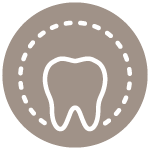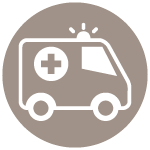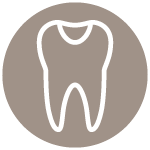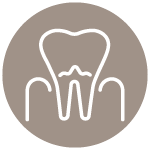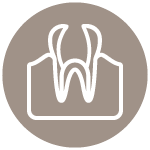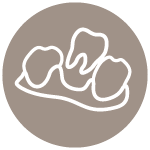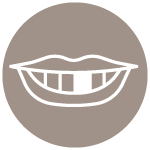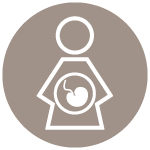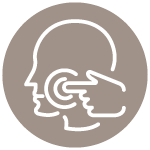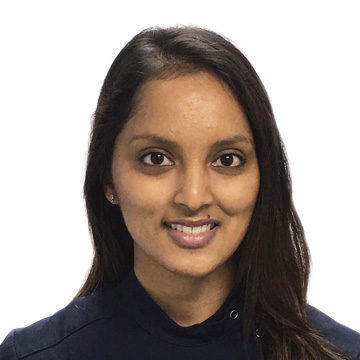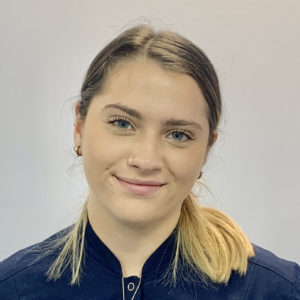our services
our team
Burgundy Street Dental Clinic has been in the heart of Heidelberg for the past 20 years.
Started by Dr Cherie Boyall, it is now owned and operated by Dr Susma Pawar.
Our friendly team includes Dr Susma Pawar, Dr Ben Casella, Grace, Paula and Tahlu.
Dentistry is what we are passionate about and we love it!
how to:
helpful information
send us a message:
Please feel free to contact us. We promise we don’t bite 😉
contact details
We are located in the heart of Heidelberg. We are conveniently positioned opposite Leo’s Supermarket and a very short stroll from Heidelberg Train Station and access to buses. Car parking is available on Cartmell Street with rear entry to the practice too.
Providing dental services to all people in Heidelberg, Ivanhoe, Alphington, Eaglemont, Rosanna, Templestowe, Bulleen, Bundoora, Viewbank, Greensborough, Doncaster and beyond.
Clinic Address:
1/124 Burgundy St, Heidelberg VIC 3084
Phone:
(03) 9459 4297
Email:
info@burgundystreetdental.com.au
Opening Hours:
Monday 8.30 am – 5.00 pm
Tuesday 8.30 am – 6.30 pm
Wednesday 9.30 am – 7.00 pm
Thursday 8.30 am – 5.00 pm
Friday 8.30 am – 1:00 pm
Saturday only available for certain procedures.

